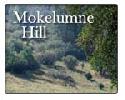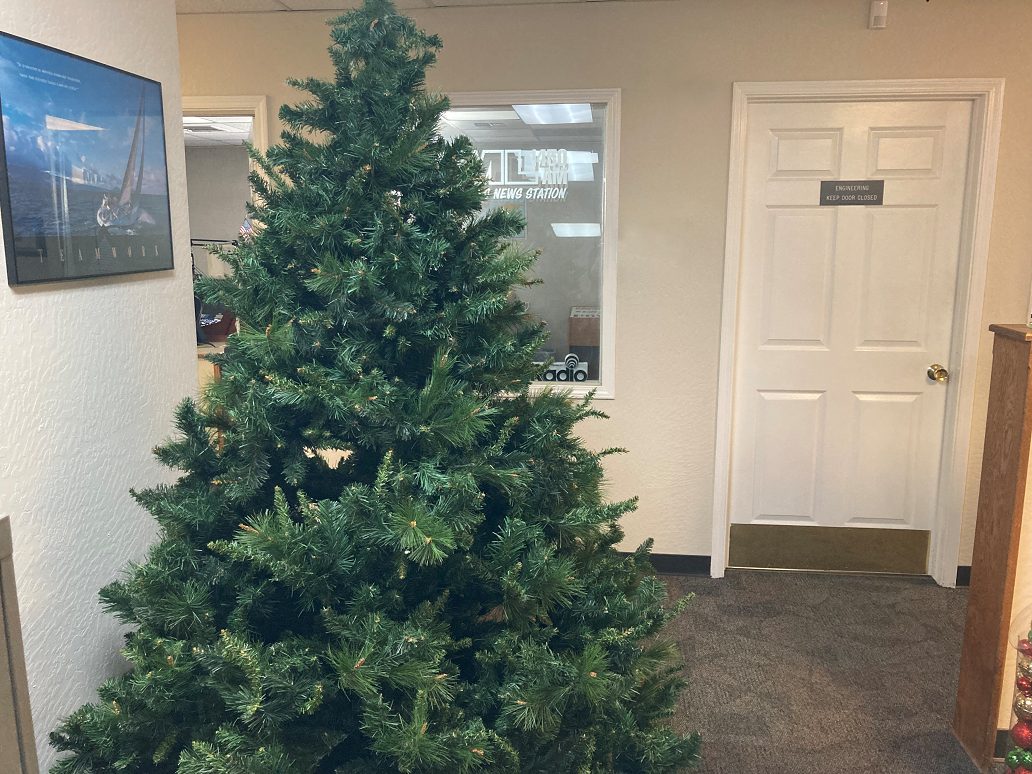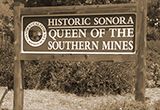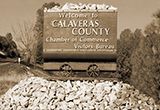 This is the town that time forgot, a hidden treasure, far away from highway 49. Most who live there like it just that way. Historians can’t seem to agree on the population of “Moke Hill” during the height of the gold rush. Reports ranged from 10,000 to 16,000. Today there are about 800. Our Map of ‘Moke’ Hill
This is the town that time forgot, a hidden treasure, far away from highway 49. Most who live there like it just that way. Historians can’t seem to agree on the population of “Moke Hill” during the height of the gold rush. Reports ranged from 10,000 to 16,000. Today there are about 800. Our Map of ‘Moke’ Hill
A portion of the Leger Hotel served as the Calaveras County Courthouse from 1852 to 1866. Then the county seat was removed to San Andreas. George W. Leger acquired the court building and made it a part of his adjoining hotel, which has been in operation since early gold mining days – it was known as the Grand Hotel in 1874 when fire damaged it and destroyed its dance hall. Restored in 1879, it has since been known as the Leger Hotel. Some claims have been made that it is haunted.
On the NE corner of Main and Center street is the I.O.O.F. hall. It was said to be California’s first three-story building outside the coastal towns. The first two-stories were built in 1854 and a third story, used for lodge purposes, was added later.
Huge gold nuggets were found in the area, in fact gold was so abundant claims of land were divided in to tiny plots of 16-50 feet. The largest known quartz crystals were recovered from a mine on the south side of Chili Gulch.

 Additional Christmas Tree Drop-Off Spots For City Of Sonora Residents
Additional Christmas Tree Drop-Off Spots For City Of Sonora Residents Rainy Weather Does Not Dampen Christmas Eve Dinner
Rainy Weather Does Not Dampen Christmas Eve Dinner Mut’s Bean Feed Rings In Holiday Season
Mut’s Bean Feed Rings In Holiday Season
